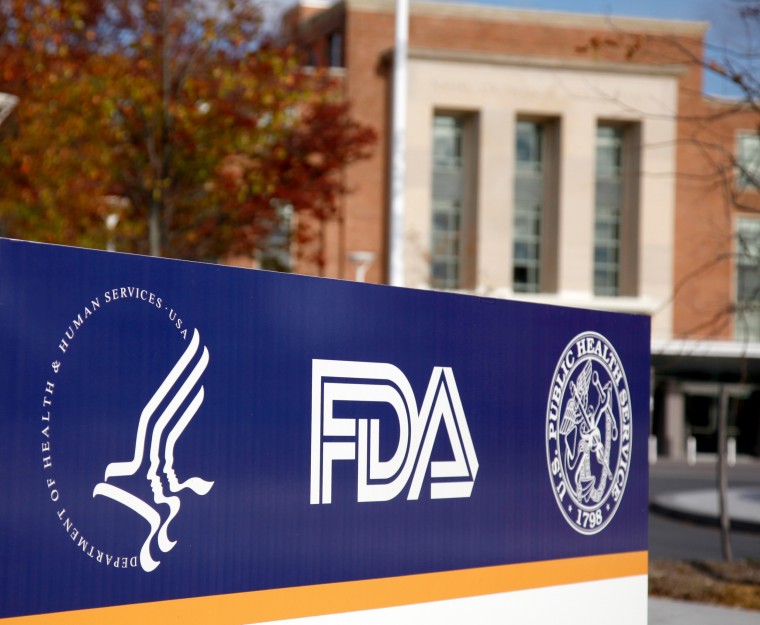Those "ask your doctor about ..." drug ads on TV? Americans are asking not to see any more of them.
A majority of Americans would favor banning prescription drug advertisements on television, a new poll released Wednesday suggests.
Before they were asked their opinions, respondents to the poll were told that some people believe such ads should be banned because of concerns that they can encourage patients to ask for costlier drugs that might be inappropriate for them, and because marketing costs boost the price of drugs. Those polled also were told that others believe the ads make patients better informed about treatment options.
After hearing those points, 57 percent of respondents said they support removing prescription ads from TV, according to the STAT-Harvard T.H. Chan School of Public Health poll.
Just 39 percent of respondents opposed such a ban. The poll results had a margin of error 5.1 percentage points.The poll comes six months after the American Medical Association, the nation's largest physicians' group, called for a ban on direct-to-consumer advertising of prescription drugs and medical devices.
The AMA cited concerns that the growing number of drug ads was "driving demand for expensive treatments despite" the fact that less expensive drugs are often just as effective.The AMA said it was concerned that the costs of running the ads are "fueling escalating drug prices," Dr. Patrice Harris, the AMA's chair-elect, said at the time.
Spending on drug ads has jumped by 30 percent, to $4.5 billion, since 2013, according to market research firm Kantar Media. The AMA noted that the United States and New Zealand were the only countries in the world that allow direct-to-consumer ads for prescription medication.
Last fall, in response to the AMA's call for an ad ban, the leading pharmaceutical trade group PhRMA told the Reuters news agency that such ads help raise awareness about available treatments for diseases.
The STAT-Harvard poll found that only 7 percent of respondents said they had considered taking a prescription drug they had seen advertised on TV in the past 12 months.
Asked about the poll results, a spokeswoman for leading pharmaceutical trade group PhRMA said analysis shows information about disease and treatment options improves cooperation between health care providers and patients, and that making patients better informed is the objective of direct-to-consumer advertising.
"Beyond increasing patient awareness of disease (including undiagnosed conditions) and available treatments, DTC advertising has been found to increase awareness of the benefits and risks of new medicines and encourage appropriate use of medicines," Holly Campbell said in an email to CNBC.
The poll also found that a majority of Americans opposed the idea of speeding up the federal approval process for new prescription drugs. Several bills pending in Congress seek to speed up the Food and Drug Administration's review process for medications.
Those polled were first told that it currently takes about 10 years of development, testing and review before a drug can obtain FDA approval for sale to the public.
They then were told that "some people want to change these government standards to make new drugs available faster, while others say that changing government standards to speed up the process would increase the risk that drugs with harmful side effects or ones that are less effective would be approved for public use," according to the poll sponsors.
Fifty-eight percent of respondents opposed changing the government's approval standards to make drug reviews quicker. Only 38 percent favored changing the drug approval standards.
The poll results relating to opinions of prescription drug advertising on TV were based on responses from 495 people from April 27 to May 1. The results related to speeding up the FDA approval process were based on answers from 501 people, which gives it a fairly wide margin of error.
